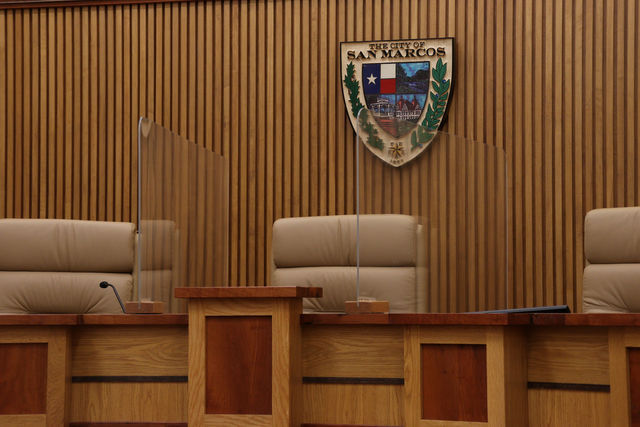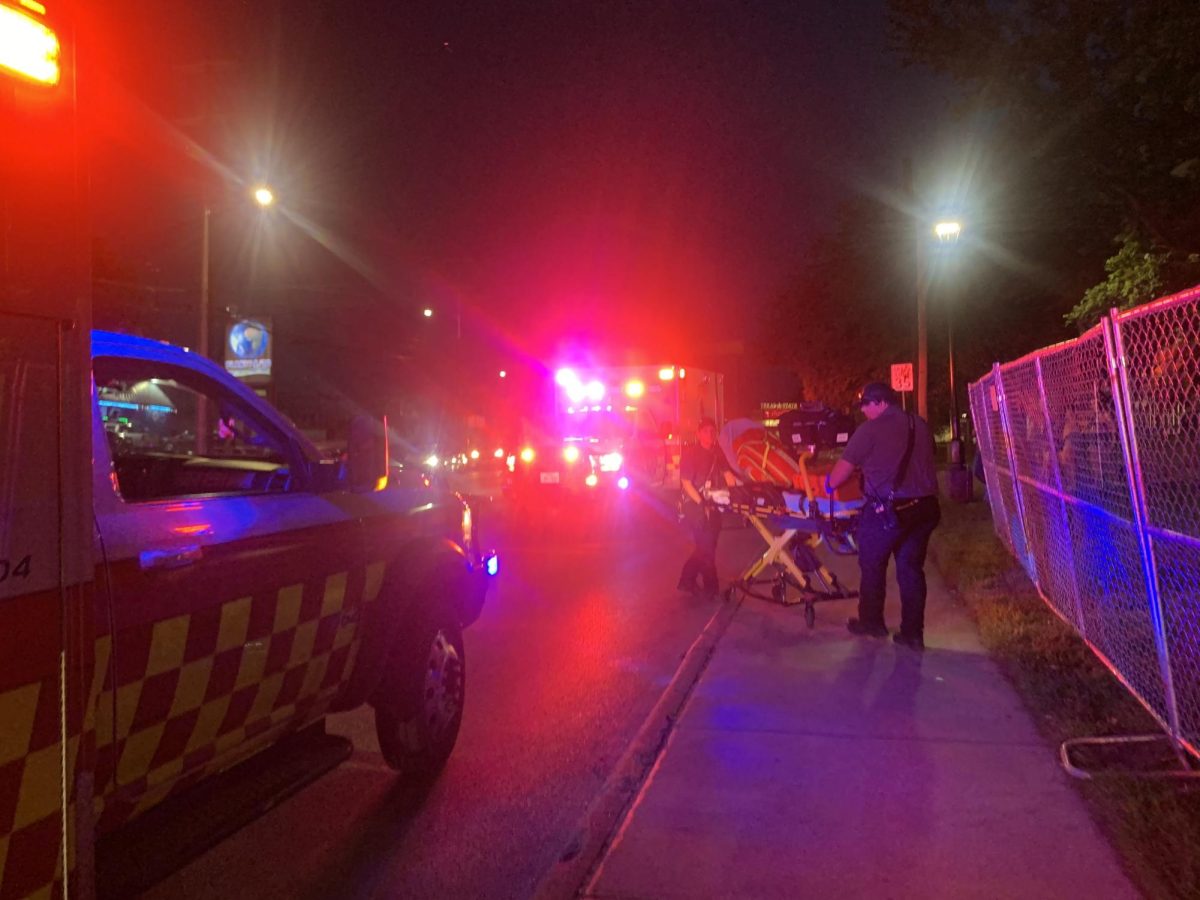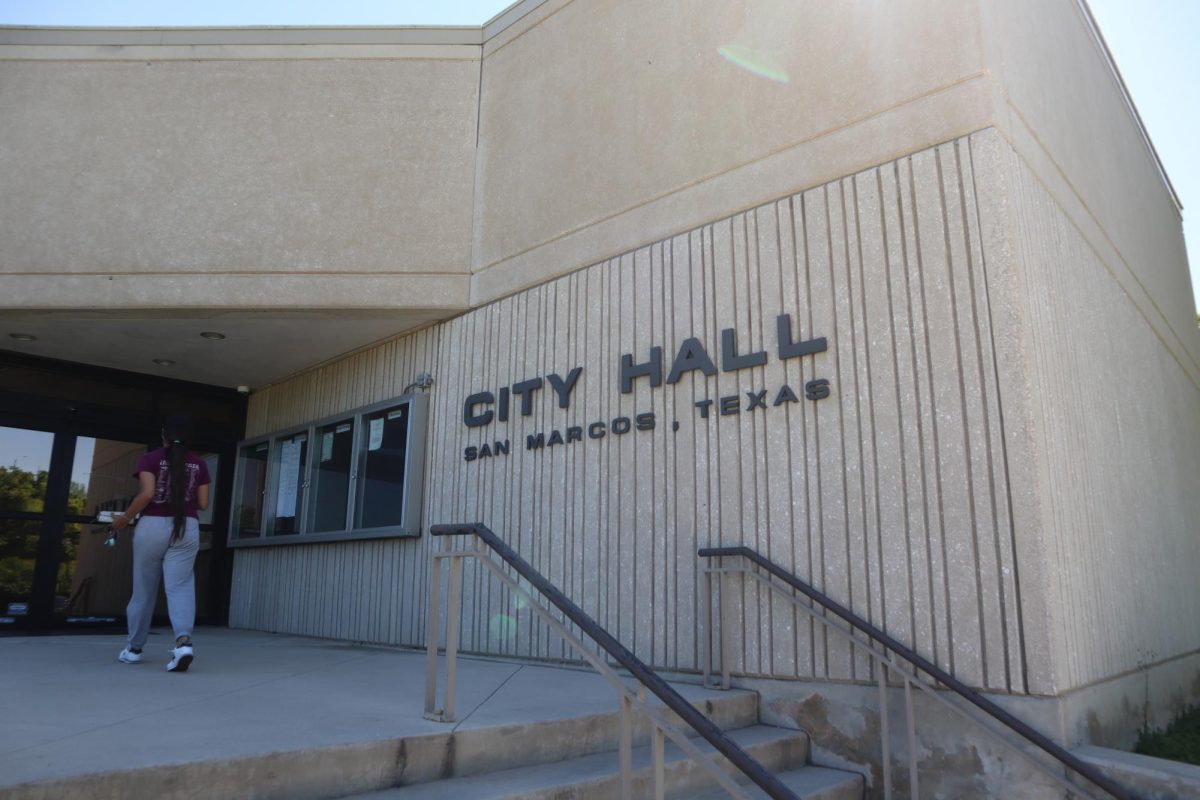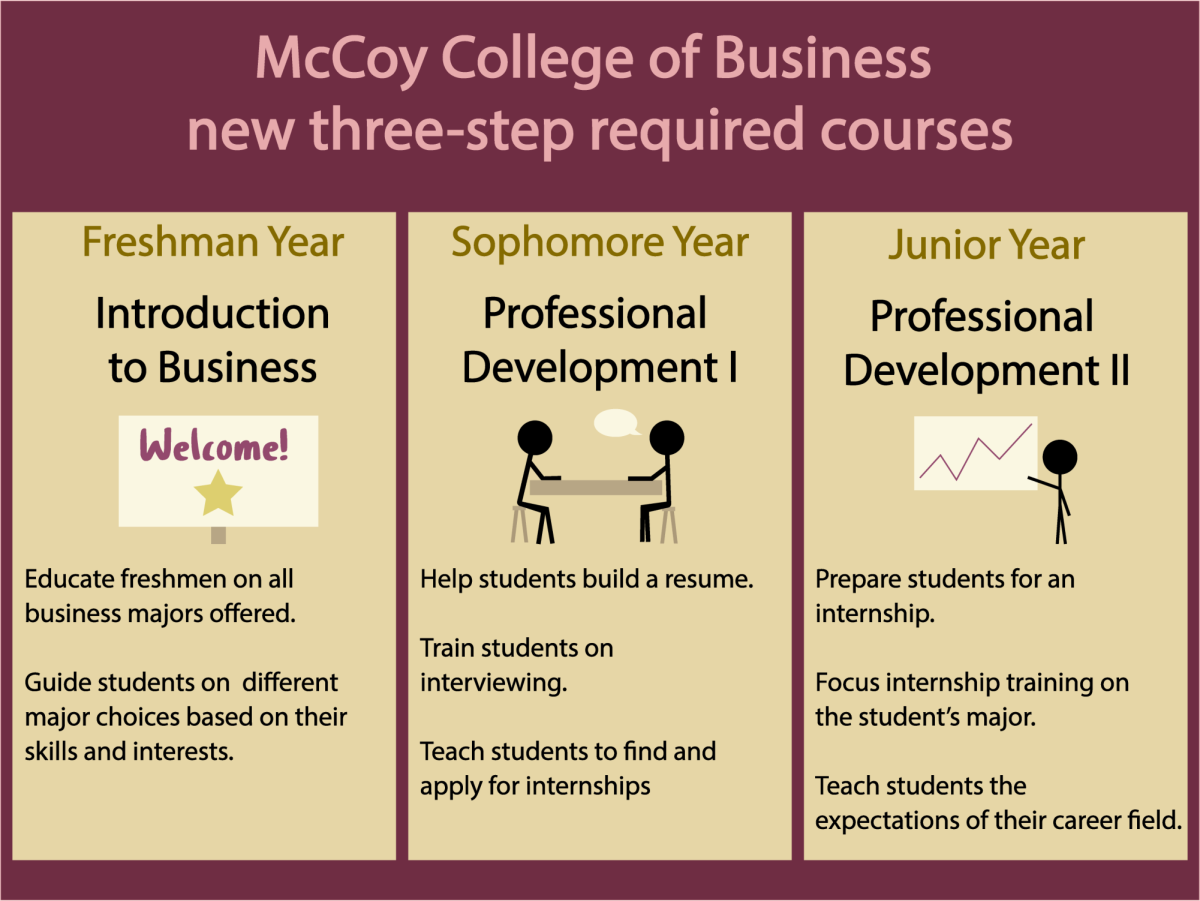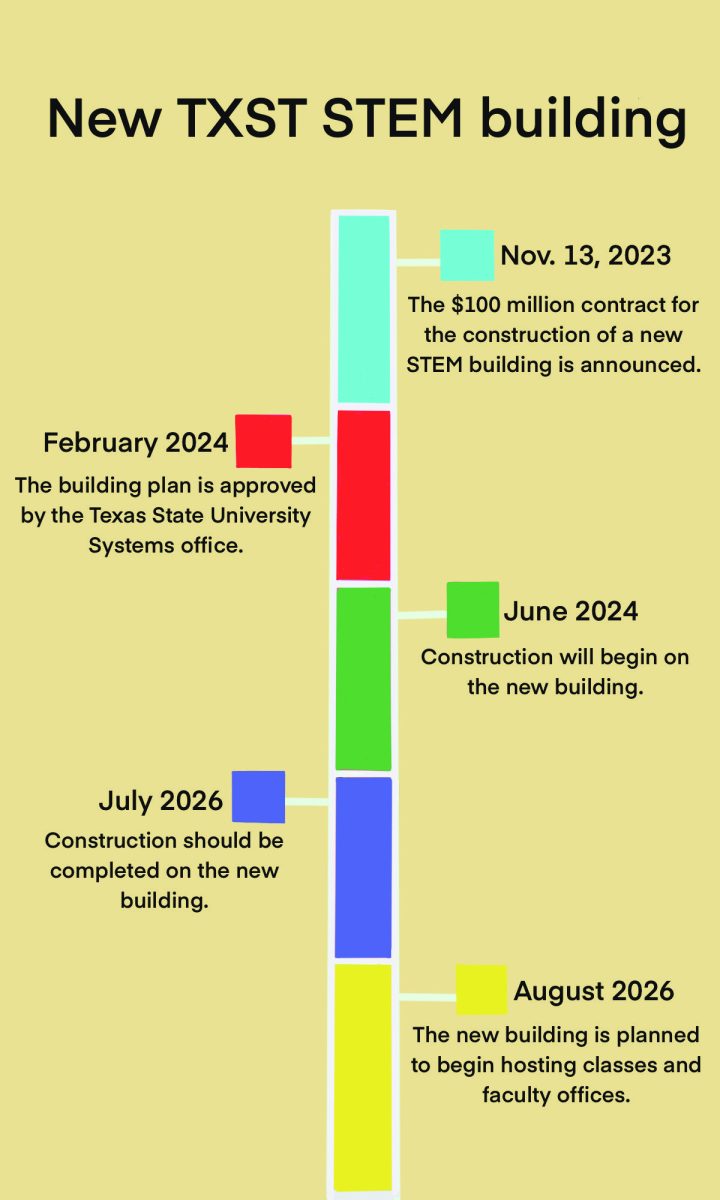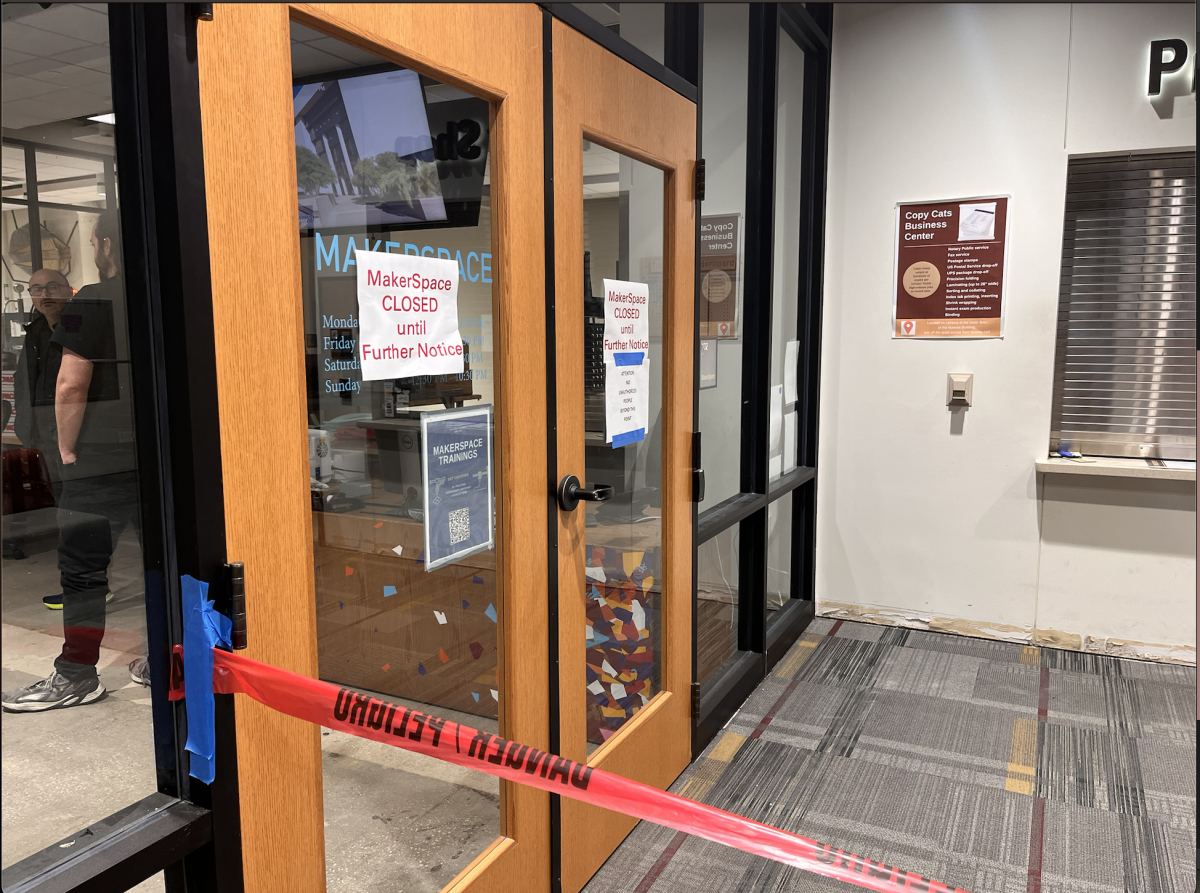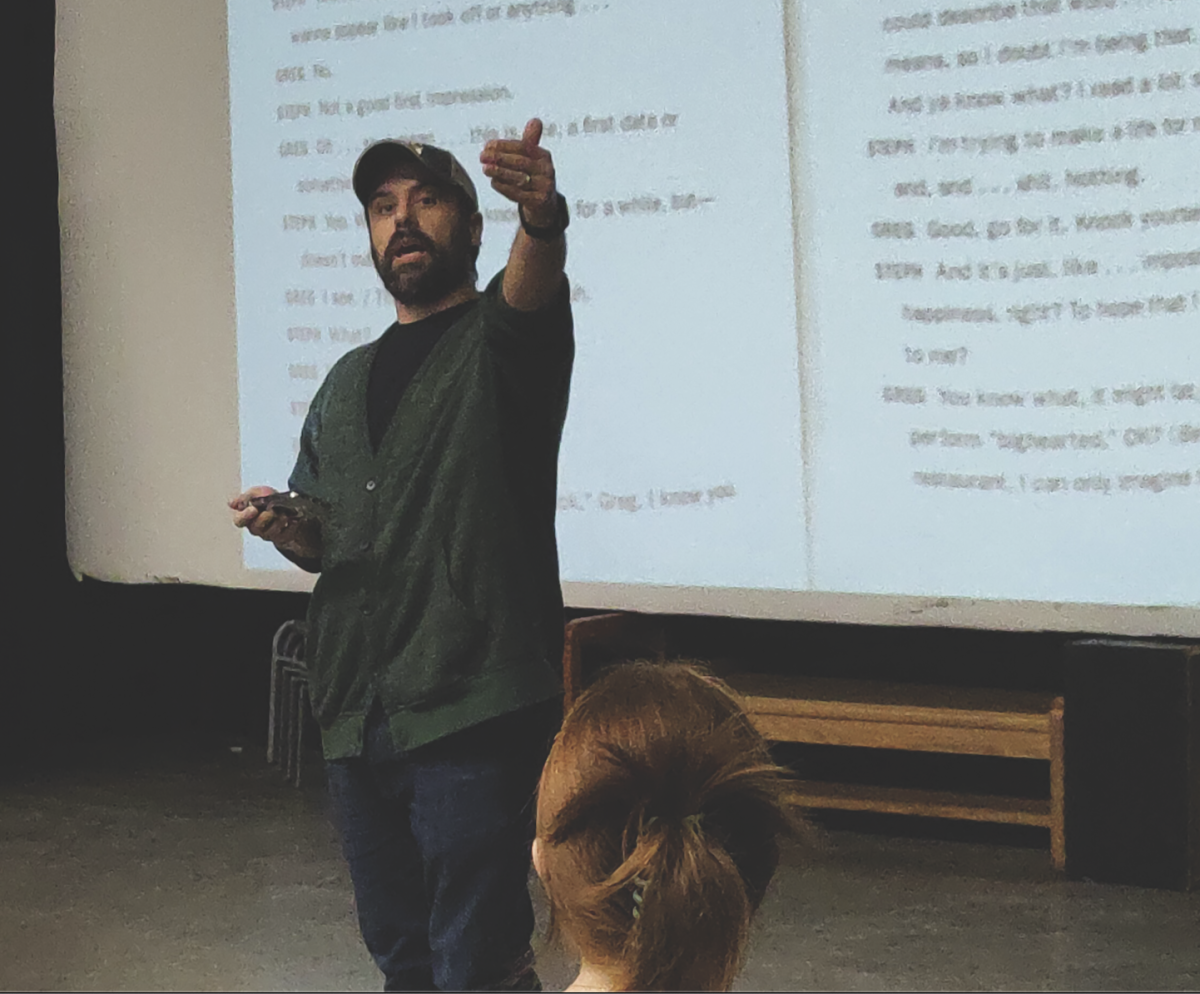The Student Health Center and Counseling Center staffers are experiencing an influx of students with mental health complications in recent semesters.
Emilio Carranco, director of the health center, participated in the National College Health Assessment survey February 2019. Carranco observed a large increase in appointments related to mental health complications for both the Student Health and Counseling centers.
According to Carranco, in 2013-2014, the last time Texas State participated in the survey, the counselors at the center saw about 4.6% of the students enrolled. In 2018-2019, 7% of enrolled students were seen. The health center staff witnessed similar trends: in 2013-2014, 14% of appointments were made for mental health reasons, while during 2018-2019, up to 33% of appointments were mental health-related.
According to the NCHA survey, the second most common reason for visiting the health center is mental health-related, the first being for a cold, sore throat or the flu. Carranco said he wants to discover the reasons behind the various factors directly affecting students’ academic performance.
“When we ask (students) which factors are most affecting their academic performance, they tell us work, depression, anxiety, sleep problems and stress,” Carranco said. “We would like to know more about some underlying factors so we can come up with the right solutions. What kind of stress are you dealing with? How are your sleep problems playing in the picture? What is it exactly about work that is affecting your academic performance?”
Additionally, the University Police Department is dealing with mental health-related cases. Ten mental health cases were entered in the UPD daily crime log in the past 60 days. UPD currently offers its officers an optional 40-hour course through the Texas Commission on Law Enforcement to be certified in mental health.
Carranco said resources for health services on campus can struggle to meet demands. The percentage of students on campus diagnosed or treated by a professional for anxiety increased from about 12% in 2014 to 28% in 2019. For depression, 10% of students in 2014 doubled to 23% in 2019.
“Both the Counseling Center and the Student Health Center are seeing a huge increase in demand for services, and our resources are being taxed,” Carranco said. “For the first time, the health center is starting to see its capacity challenged as well. We have prided ourselves in being able to provide same-day access, but that is becoming a challenge here.”
The Counseling Center is facing issues with students not showing up to scheduled appointments. Due to the center’s limited staff, no-show appointments have an effect on the resources the team is able to provide.
While the counseling team does not fine students for missing appointments, counselors have the capability to prevent students who miss multiple scheduled sessions from receiving services.
Associate Director of the Counseling Center Heather Aidala said staff priorities for walk-in appointments are with students expressing a present danger to themselves or others.
“I think one of the things we recognize is when something is a priority to students, they want help in the here-and-now,” Aidala said. “Unfortunately, that is not always what the office is able to do. Our priority will always be students who are expressing any concerns about keeping themselves safe, like expressing suicidal or homicidal ideations. We work to assure we can get them in on the same day to assess the level of support they need. Safety is our priority.”
Aidala recommends an online simulation called “At Risk,” a tool helping to educate users on how to see signs of distress in their peers. The program teaches basic skills about how to engage in conversations with people regarding potential concerns and how to provide assistance if necessary. The simulation entails a virtual conversation to practice for real-life encounters.
Complications with resources have spurred students who have utilized the health services to voice criticisms of the current system.
Rhiannon Cortez, computer science freshman, said the current services on campus for mental health issues are slow and complicated.
“The process seems very tedious to me,” Cortez said. “You have to go through so much red tape to get so little in return. I think placing a maximum on the number of visits someone can make to the Counseling Center is counterproductive. A maximum of 15 visits is not sufficient for four years.”
Carranco suggested the formation of a presidential task force on health and wellness to help tackle students’ struggles with mental health. Whether or not similar actions are being enacted on campus is unknown as of now.
“Because we are dealing with multi-factorial causes here, we need a very comprehensive response,” Carranco said. “My suggestion is we create a presidential task force on health and wellness. We could use that to dive into the data we collected this spring to try and determine if we could learn about why students are so stressed and overwhelmed.”
To learn more about how to approach a friend or family member with concerns of mental health complications, visit the Counseling Center At Risk website, the Counseling Center’s digital tool for engaging in conversations about mental health.
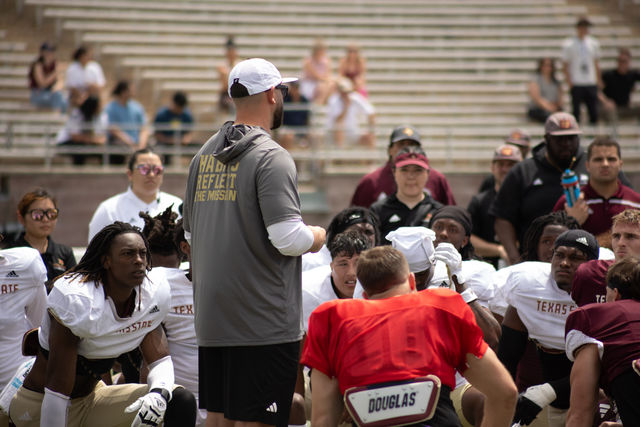
April 17, 2024

April 17, 2024

April 16, 2024
Texas State faces increased demand for mental health services
November 5, 2019
Pamphlets with service information being displayed Oct. 24 outside the Texas State Counseling Center as students begin to schedule more mental health related appointments. Photo credit: Gabriela Martinez
Donate to The University Star
Your donation will support the student journalists of Texas State University. Your contribution will allow us to purchase equipment and cover our annual website hosting costs.
More to Discover
SECTIONS
SERVICES
CONTACT INFORMATION
universitystar.com
601 University Drive
San Marcos, TX 78666
Phone: 512-245-3487
Email: [email protected]
601 University Drive
San Marcos, TX 78666
Phone: 512-245-3487
Email: [email protected]
© Copyright 2024 The University Star 601 University Drive, San Marcos, TX | Privacy Policy
© Copyright 2024 The University Star 601 University Drive, San Marcos, TX | Privacy Policy

